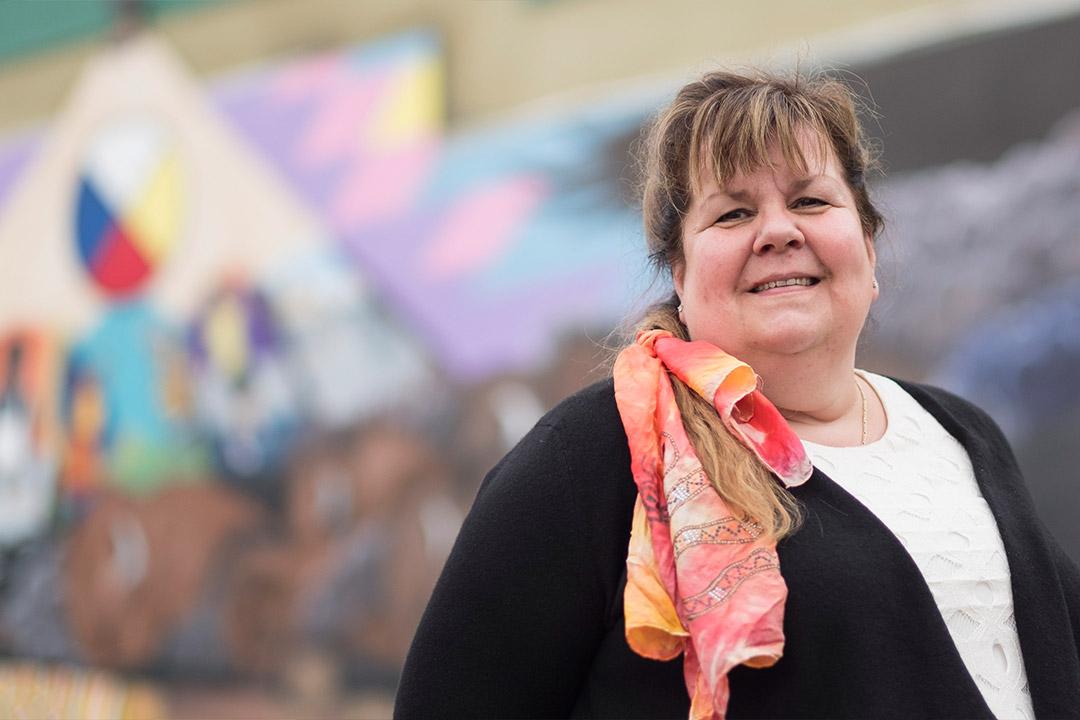
Improving Indigenous health
It’s been a busy first few weeks on the job for Dr. Alexandra King. But she wouldn’t have it any other way.
By Lesley Porter“To be honest, it’s been a while since I’ve started a new job in a new city,” she said with a laugh. “Having to find a new house and all of those things is just a lot all at once.”
With the figurative and literal housekeeping in order, she hit the ground running as the university’s inaugural Cameco Chair in Indigenous Health for a five-year term beginning October 16, 2017.
The position, based in the U of S College of Medicine, was created in 2006 after mining organization Cameco donated $1.5-million for the chair. Those funds are part of a $3-million endowment established for the chair by the Royal University Hospital Foundation through its Royal Care Campaign.
“I look at this position and I think it’s quite visionary,” King explained, adding that the chair has changed since its inception more than a decade ago. “At the same time, the university has also been on a growth path and now has Indigenous health in its strategic plan, and is quite committed to reconciliation.”
Another important piece, in addition to how the chair and university have evolved, is King’s own storied learning path—one that began with completing an undergraduate degree in finance and economics before ultimately shifting her focus to health care. She completed her medical degree at the University of Toronto in 2009, followed by an internal medicine residency at the University of Alberta. She is also currently working on a PhD in Aboriginal health through Simon Fraser University, where she served as an instructor and student mentor.
“I find it really interesting how those three paths have sort of converged together,” said King, who is originally from Nipissing First Nation in Ontario.
The fluidity of the position makes it unique from other research chairs, she explained, and was what attracted her to it.
